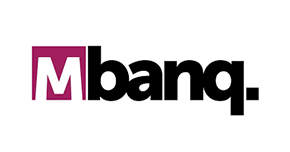As we navigate the complexities of the financial world, this space will serve as our platform to share insights, discuss trends, and explore the policies shaping our economic landscape.

It is now 2024 and I have found that thanks to the technical advances in media manipulation, nothing is credible anymore.
I have already written about the danger of AI (artificial intelligence) being used to create misinformation for political purposes, but AI is now being used at an alarming rate to scam the elderly and rob the gullible of life savings. What made me cognizant of how terribly advanced the technology is was by trying out an animation app that some young kids suggested I try.
What started as Photoshopping photographs has morphed into wholesale deliberate larceny and corruption. The app I tried was called Dance Face but there are plenty of animation apps available for anybody to download. One downloads a photo and the app animates it to dance.
I did so and was shocked at the way my photo changed into a person that shook her head, laughed and grinned and talked a blue streak. This was not me, but if I forwarded the image to my family they would almost believe it was me. If you are on a social network like Facebook, Instagram or TikTok, do not trust any video you see, especially any that asks you for personal info or credit cards.
Advertisers are using images of well-loved celebrities to hawk their wares and I don’t know how they get away with it.
The latest episode of CBS’s Blue Blood shows the worst possible incident when AI scammers use the voice of police officers to reveal location of key witnesses. AI scammers can access any posted images and voices on the internet and manipulate them for whatever purpose they can. They hide their identities within what is the “dark web” and they cannot be traced and apprehended.
Cyberterrorism is a great threat to the security of our nation, and one would hope that we had sufficient safeguards in place to protect us.
Unfortunately, most of this administration’s actions seem to be focused on preventing Donald Trump from being elected president.
Dare I suggest that the only safeguard to avoid becoming the victim of clever hacking criminals is educating ourselves against them.
Scammers use logos of sites customers frequent and email them queries about their accounts to get access to passwords and security codes. Whenever I get an email from my bank asking me to log in, I check where the email is actually from and even if it does come from my bank, I only login directly to the site itself not on the email.
Every click we make on our keyboard while online is being monitored by somebody, somewhere.
What do you say and suggest be done other than being vigilant?
Come to the Financial Policy Council https://lnkd.in/eZU2UgYd, be a part of decisions that will shape the country’s future & share your thoughts.

Forecasting our Future January 2, 2025

Want to truly Drain the Swamp? December 15, 2024

Will Trumpism Go Global? December 8, 2024

Obliterating The Socialist/Communist Ideology for Good December 4, 2024

My Personal Opinion on Trump’s Dream Team November 19, 2024

Goodbye Washington Establishment October 25, 2024

Kamala Reinvents Freedom August 26, 2024

Why Kamala Harris has no chance August 21, 2024

AI and the destruction of America August 19, 2024

Have you ever thought about our future? August 17, 2024

Have you ever wondered what was the hashtag Reagan Revolution about? August 15, 2024

It’s ALL about Attitude folks August 9, 2024

About today’s new class of bureaucrats who call themselves “elite” August 5, 2024

Freedom or Slavery? Time to Choose August 3, 2024

Bitcoin’s Future August 1, 2024

Unlocking the Biden – Trump Quagmire July 4, 2024

Surviving and Prospering During the Upcoming Mayhem June 27, 2024
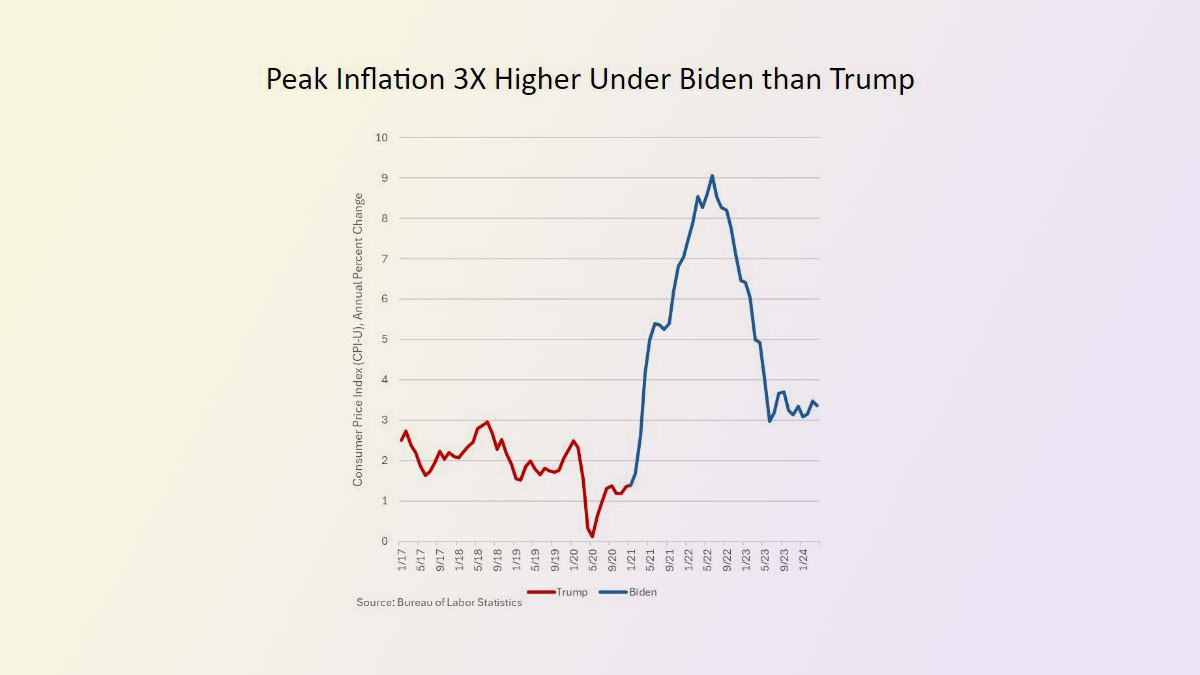
When People Have No Idea What They are Talking About…. June 25, 2024

Looking at the Future June 13, 2024

Luminaries at their best June 10, 2024

Money, Power, Control & Crypto June 8, 2024

Are you still looking for Liberty and Freedom or have you given up on it? June 6, 2024

Globalism and the New World Order will not survive May 31, 2024
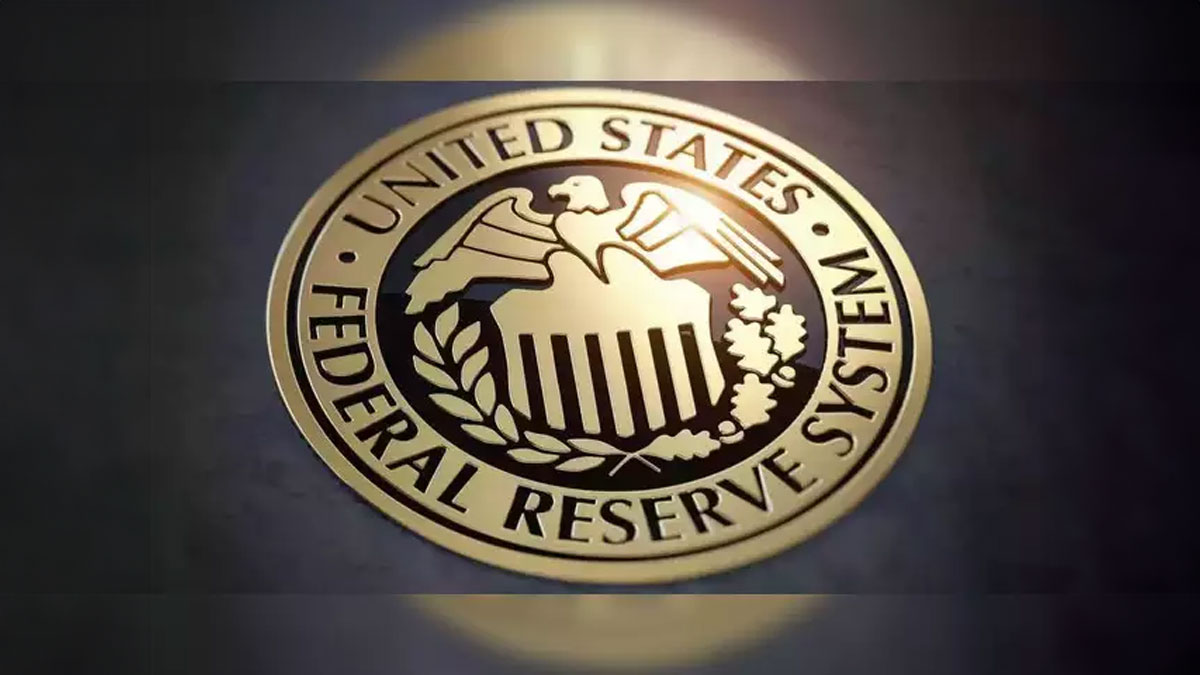
Can the mismanagement of the Federal Reserve lead to much bigger problems? May 29, 2024

Is the Fed really this mindless? May 22, 2024

The Great American Wealth Creation Machine May 18, 2024
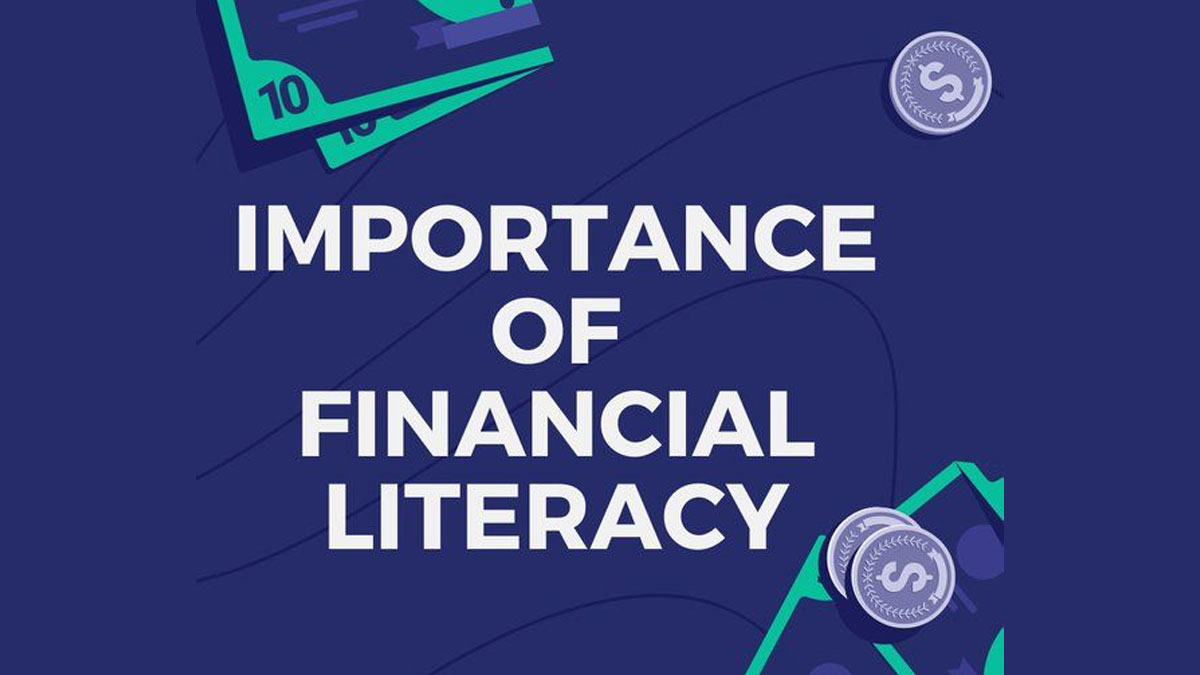
How Illiterate our Financial Press Is May 16, 2024

Are we headed to gasoline prices of $100/Gallon? May 14, 2024

Will Bitcoin determine the fate of the 2024 Elections? May 11, 2024

Is Everything on Social Media Fake? May 8, 2024

Is America headed for a Civil War? May 5, 2024

It’s the Economy Again ….. Stupid April 29, 2024

Why is the US Dollar in Big Trouble? April 25, 2024

Deepening Your Due Diligence Procedures April 20, 2024

Meet the Three “Powerbrokers” behind the Climate Change Agenda April 17, 2024
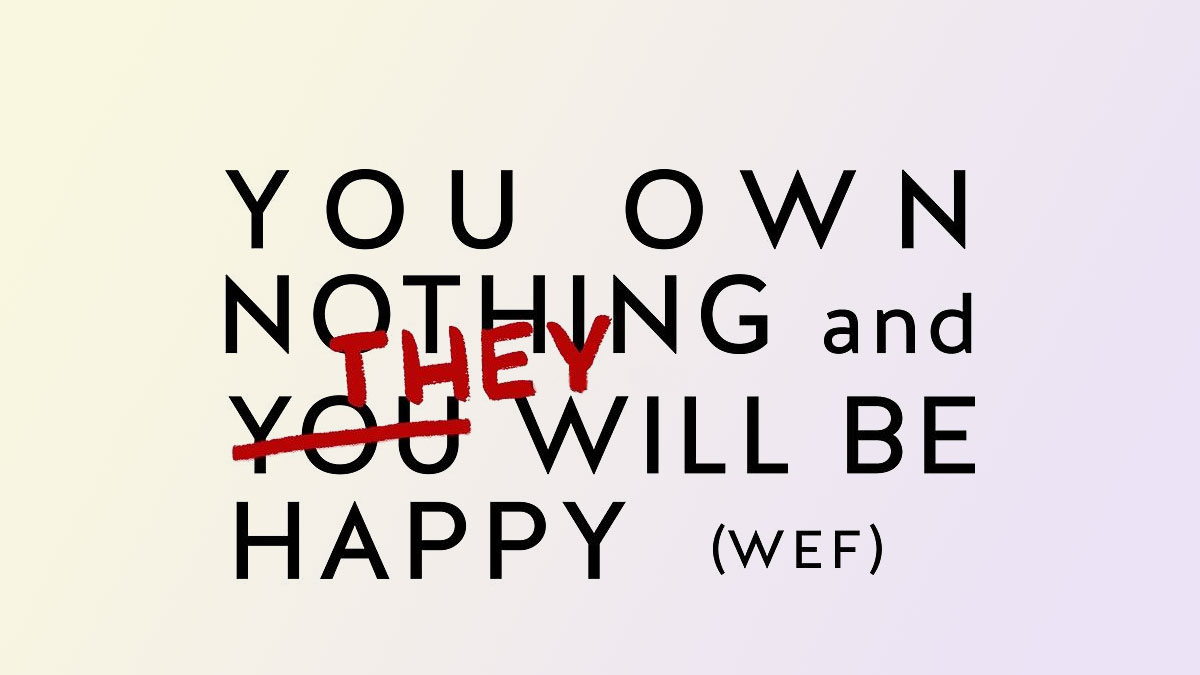
You own nothing and THEY will be happy April 15, 2024

Assessing Bidenomics track record April 13, 2024

How Private Interests Seized Control of America April 10, 2024

The Art of the Brainwash April 8, 2024

When Envy Meets Stupidity April 1, 2024
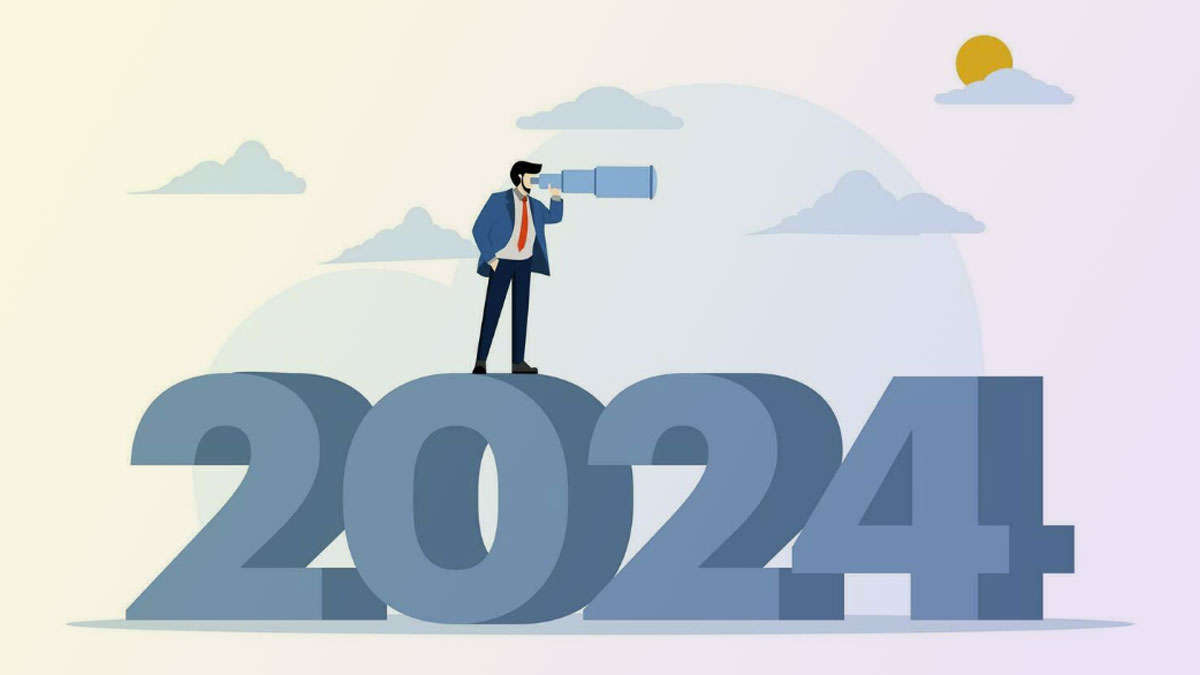
My Personal Forecasts for 2024 March 31, 2024

Taking Back Our Country March 30, 2024

Righting the Wrongs of Capitalism March 29, 2024

America’s Existential Threat: How real is it? March 27, 2024

Breaking Free March 26, 2024
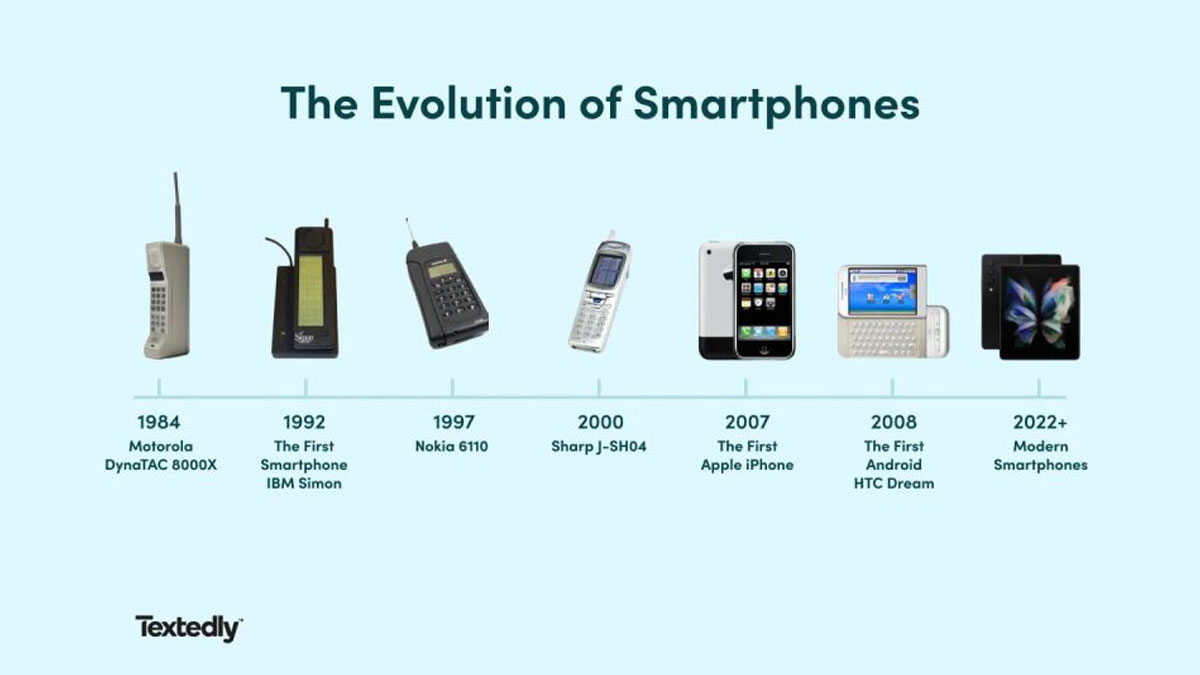
Is the Justice Department Killing Capitalism? March 22, 2024

Let’s be honest folks March 19, 2024

Are we Done with the Western World? March 17, 2024

Why Time Has Come to Disobey? March 16, 2024

Revealing the World Economic Forum March 15, 2024
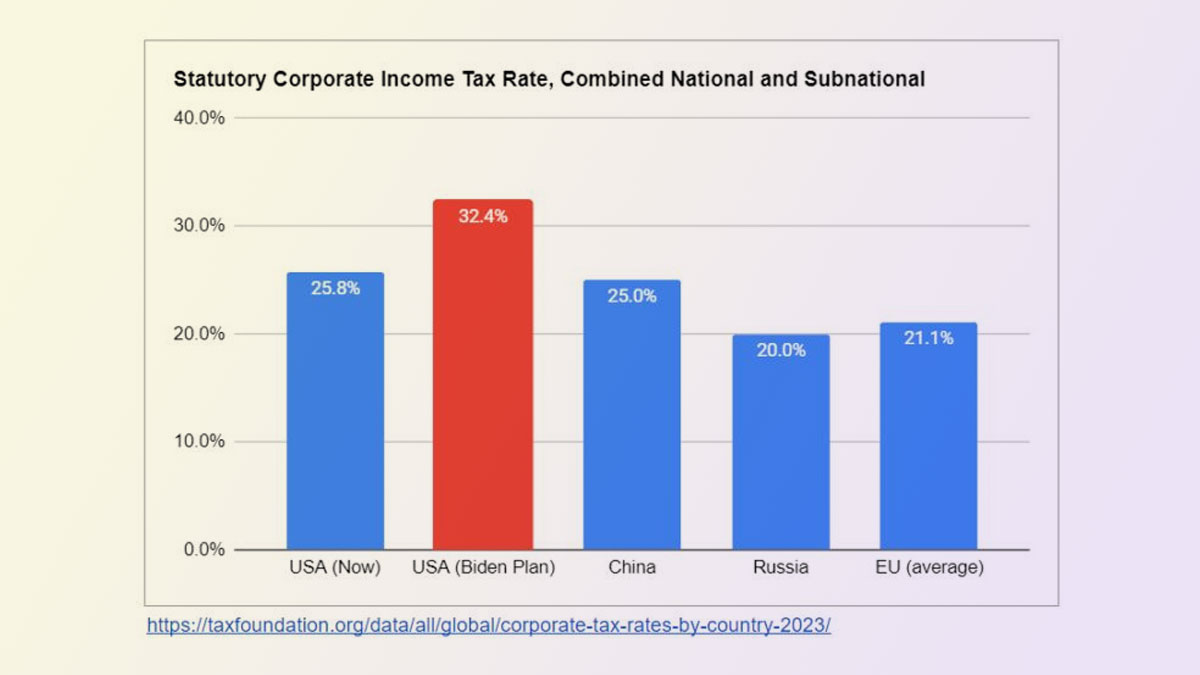
For those of you still rooting for Biden – Let this sink in March 14, 2024
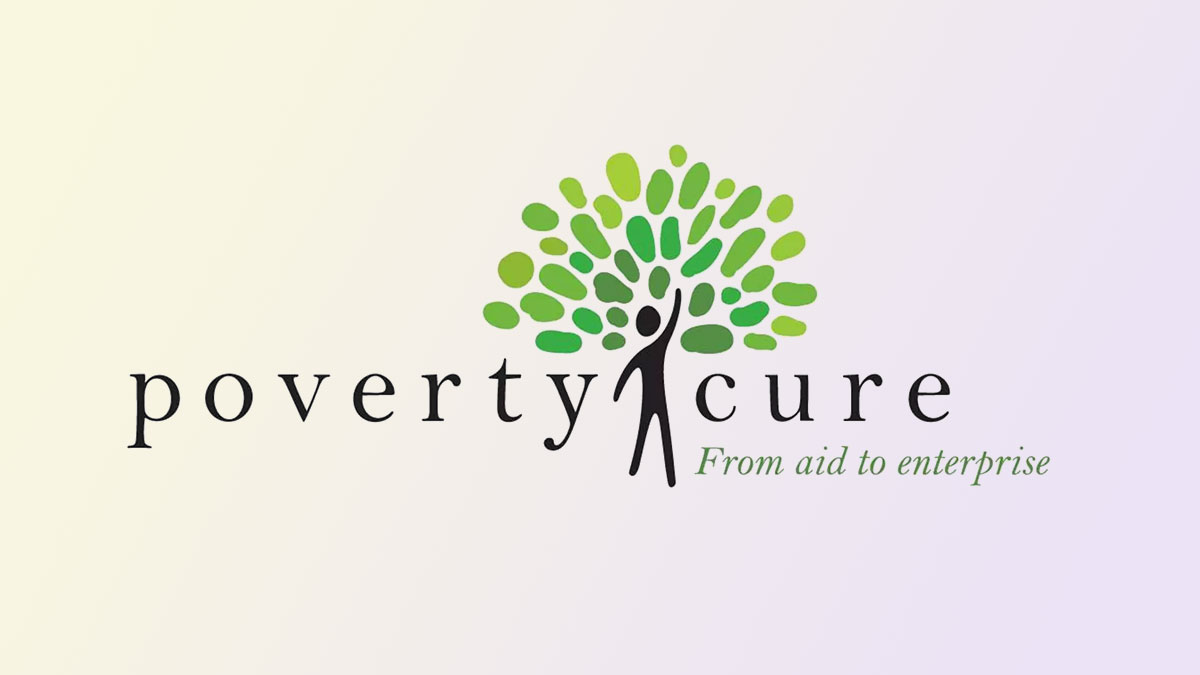
What is the ladder out of poverty? March 13, 2024

What is turning the United States ‘Socialist/Communist’? March 11, 2024

Growing the Economy With a Soak the Rich Tax Plan? March 8, 2024

Which presidential candidate should we vote for? March 6, 2024
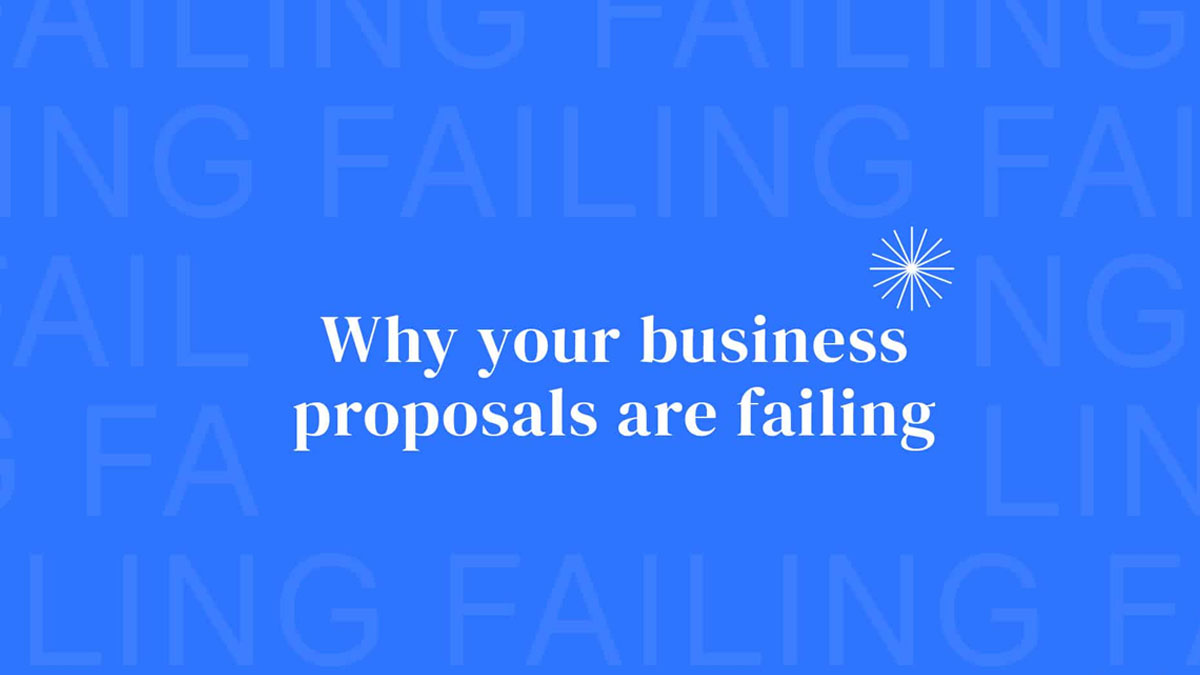
Why your business proposals are failing March 1, 2024

Still a Puppeteer to the Puppet Masters? February 27, 2024

Unlocking the Master Code to Success February 24, 2024

An Open Letter to the “Global Elite” February 22, 2024

What is going on with our US Foreign Policy? February 19, 2024

Understanding the Billionaire Mindset February 16, 2024

Renewing Wealth Creation and the American Dream February 12, 2024

When Power Goes to People’s Heads February 8, 2024

Do you have what it takes to pitch to smart money? February 4, 2024

Smart v/s Dumb Money: How do you differentiate January 31, 2024

Why do so many socialists view making money as “Evil”? January 17, 2024
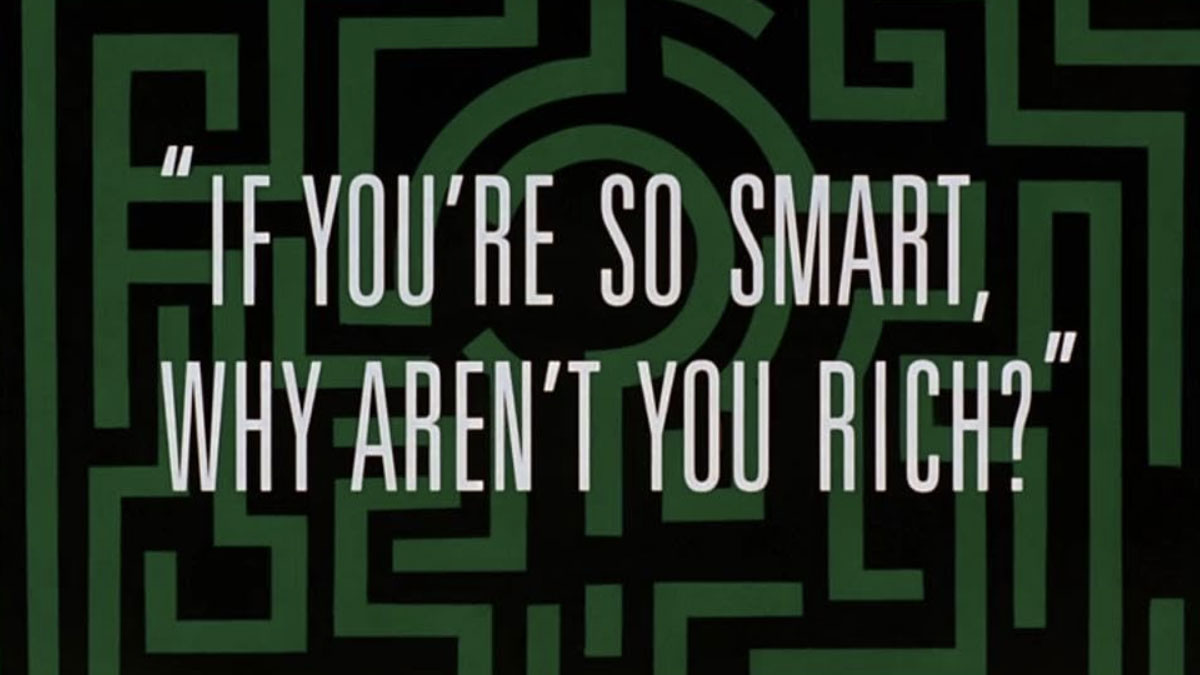
If you are so smart why aren’t you rich? January 12, 2024
Note: The Financial Policy Council (FPC) is a registered 501(c)(3) non-profit organization. This means that your generous donations to support our mission and initiatives are tax-deductible to the fullest extent permitted by law. To claim your tax deduction, please keep a record of your donation, including the date, amount, and any correspondence you receive from the FPC acknowledging your contribution. You should consult with your tax advisor to determine the specific tax benefits available to you based on your individual circumstances.




